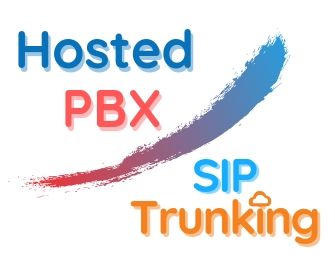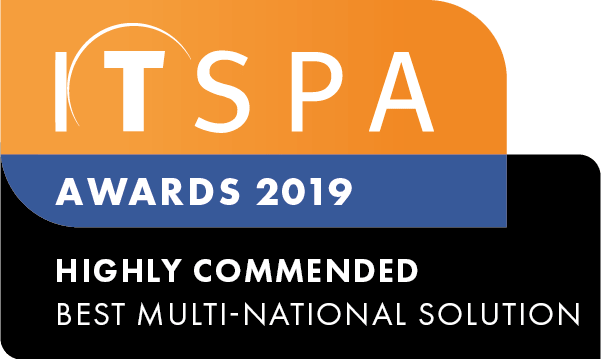Voice over internet protocol — or VoIP — telecommunication has skyrocketed in popularity among businesses since it gained enough acceptance within the early 2000s, and for a good reason. Internet-based phone systems are way more customisable than ancient networks. They need considerably less investment in hardware and infrastructure, and they update automatically through the software package, they can unify communications by providing electronic messaging, voice, video and chat in one platform.
PBX
Private branch exchange, or PBX, was initially developed by non-public corporations trying to avoid wasting cash on internal calling by switching the circuits themselves regionally at a time once human operators still ran switchboards manually. This removed the requirement for a third-party supplier to domestic route calls. However, it needed businesses to finance, build and maintain the internal network themselves.
Cloud Hosted PBX
Even smaller businesses will currently maintain a personal internal calling system by farming out the infrastructure and hardware needs to a PBX host. Cloud Hosted PBX follows a constant plan of handling domestic calls domestically, however by hiring a third-party host to run the system. With cloud-hosted PBX, the responsibility of owning, operating, securing and maintaining the required hardware — that is pricey and difficult — is far away from the business, allowing its personnel to target their core competence.
Why Businesses choose cloud-hosted PBX
Cloud-hosted PBX offers businesses the complete menu of new VoIP services, including, however not limited to, call forwarding, voicemail, call recording, touch-tone menus, conference calling, automated greetings and call waiting. Also, over one person may be reached through one variety, and cloud PBX directs, holds and transfers calls. Since the system is hosted by an independent firm that owns and maintains the hardware, there are the lowest start-up prices. Also, once the host upgrades its network, those upgrades are passed on to the consumer business at no additional charge.
SIP Trunking
Unlike the long, storied history of PBX, Session initiation protocol, or SIP Trunking, may be a far more recent invention. Developed at the dawn of the Internet's public arrival in 1996, SIP modernised the PBX idea. The crucial distinction between SIP Trunking and Cloud PBX hosting is that SIP permits many types of media (audio and video, for example) to be channelled through identical line by replacing the standard trunk with the net.
Why Businesses choose SIP Trunking
SIP offers everything that comes with cloud-hosted PBX; however, it improves efficiency and quality through a sophisticated system that removes primary and basic-rate interfaces. Users will communicate with both mobile and fixed callers from basically anyplace, and price efficiency is improved by consolidating audio and video into one line.
Final Analysis
When businesses are deciding whether or not to create their telecom network on a cloud-hosted PBX or SIP trunking system, the first deciding issue should be the dimensions of the business. Small businesses are nearly always at an advantage with cloud-hosted PBX. More extensive operations with over twenty workers can enjoy the increased flexibility and security provided by SIP trunking. Larger businesses are higher equipped to absorb initial start-up costs.
Both cloud-hosted PBX, and SIP trunking may be the foundation of a contemporary, reliable VoIP network. The most differences are initial costs, hardware needs and therefore, the business's level of IT sophistication. The fact is that after the VoIP system is in place, nearly anyone who uses it on an everyday basis can never recognise the difference.
Looking for a reliable VoIP provider? Sign up at VoIPLine Telecom and get 14-Day free trial to try the best features of our Hosted PBX phone telephone solution.
">]]
">]]











